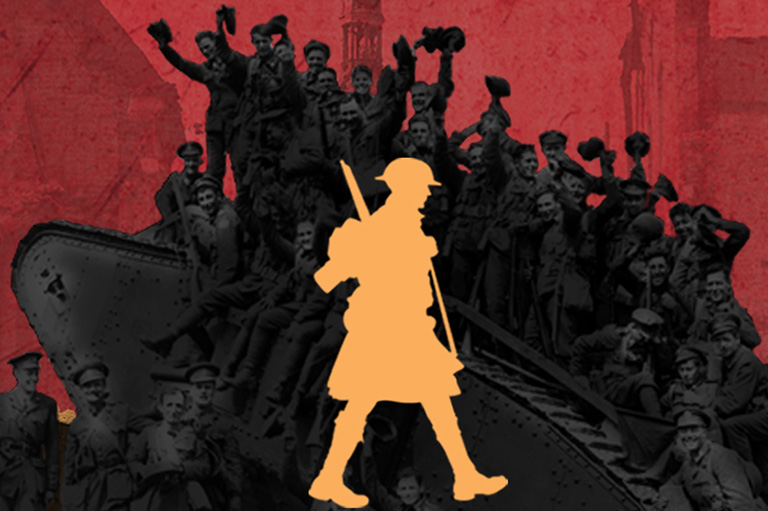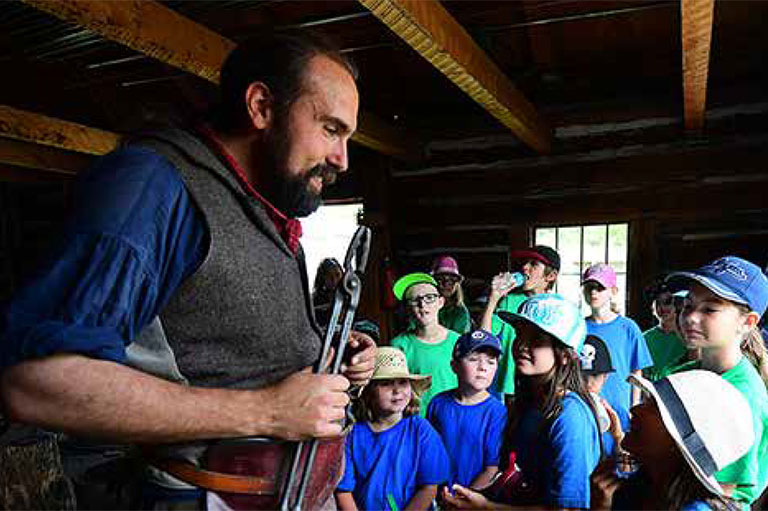Old News?
For more than 250 years, newspapers have been an important part of the Canadian story. They publish the news, but they make it too. Even today, many people rely on newspapers to know what is happening in their communities and around the world.
In this activity, students will compare a past issue of a local newspaper to a present-day issue to evaluate continuity and change in newspaper design and content. This activity is inspired by the article “Read All About It!” in the April 2021 issue of Kayak: Canada’s History Magazine for Kids.
In this activity, students will use primary source evidence to analyze continuity and change. To learn more about the six historical thinking concepts, check out the Historical Thinking Project.
Activity
Before social media, before the internet, before TV and radio, people got their information from newspapers. From before Canada was a country to the early 1900s, these newspapers were widely read and fiercely argued over.
Copies of these early papers can often be found at local libraries and archives. Many repositories have digitized these records and they can be accessed for free online. For this activity, students will look at an early edition of a local newspaper (ideally pre-1920) and compare it to its present-day version. Teachers can either share a specific archival edition of the newspaper to analyze or they can task their students with finding a past issue on their own.
Ask your students to read the first page of the historic newspaper and the first page of the contemporary newspaper. Have them consider the historical thinking concept of continuity and change while they are reading both editions. Bring your students together for a class discussion to compare the design and content of newspapers in the past to today. Here are some guiding questions you can use:
- How do the two newspapers look? Are there any differences in design and layout? Why might there be these differences? What technologies were available to the publisher of the early newspaper? What technologies are available today?
- What images are in the two newspapers? Are there photographs, drawings, or both? Are there changes in the types and amount of imagery used?
- What types of news stories are featured and what kind of tone is being used? Do you observe any similarities or differences between the issues in terms of what — and how — news was covered? Why might certain topics have changed?
- Do you think the newer issue still caters to the same audience?
- How has what is considered news changed or stayed the same?
Themes associated with this article
Advertisement




